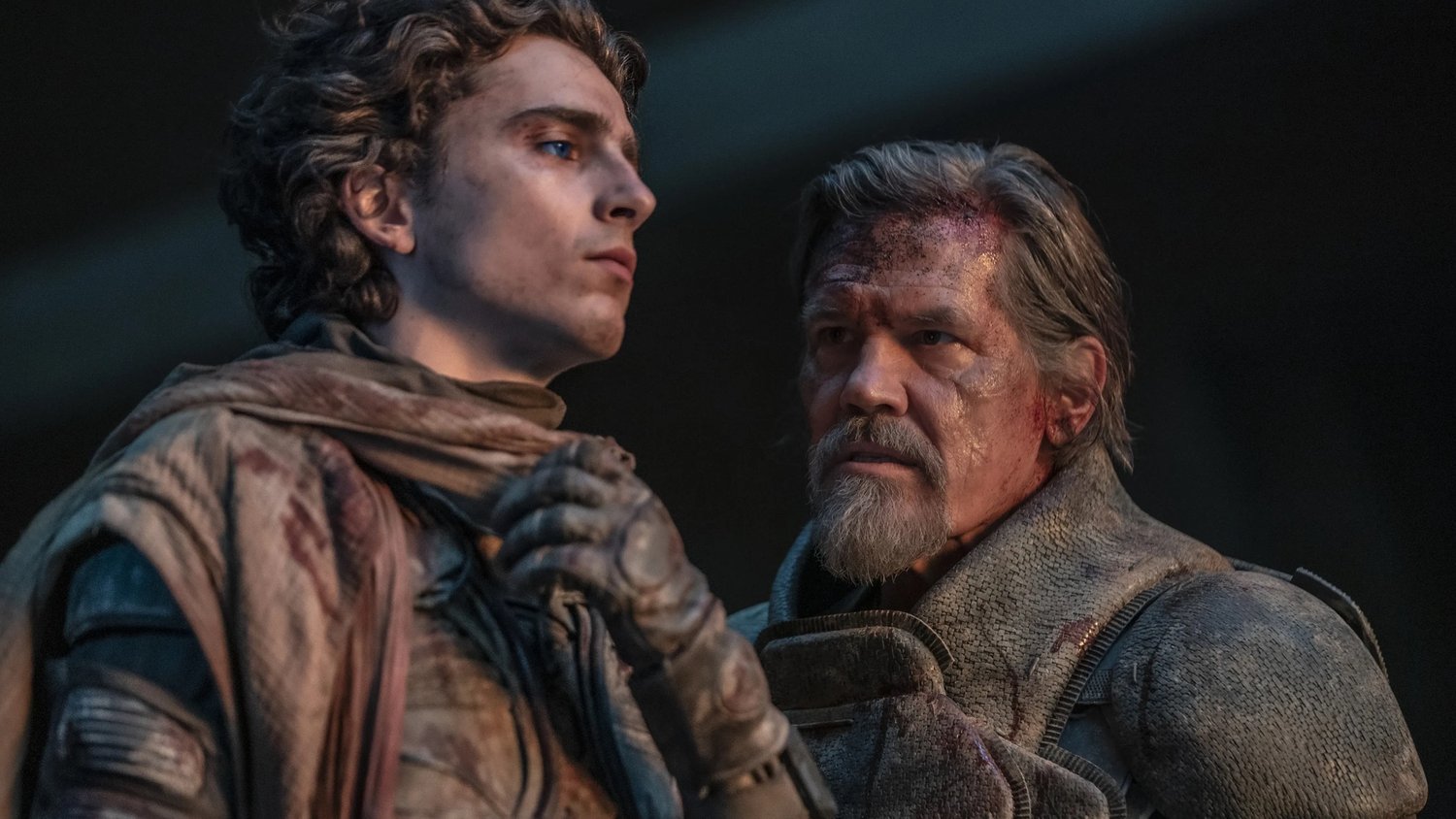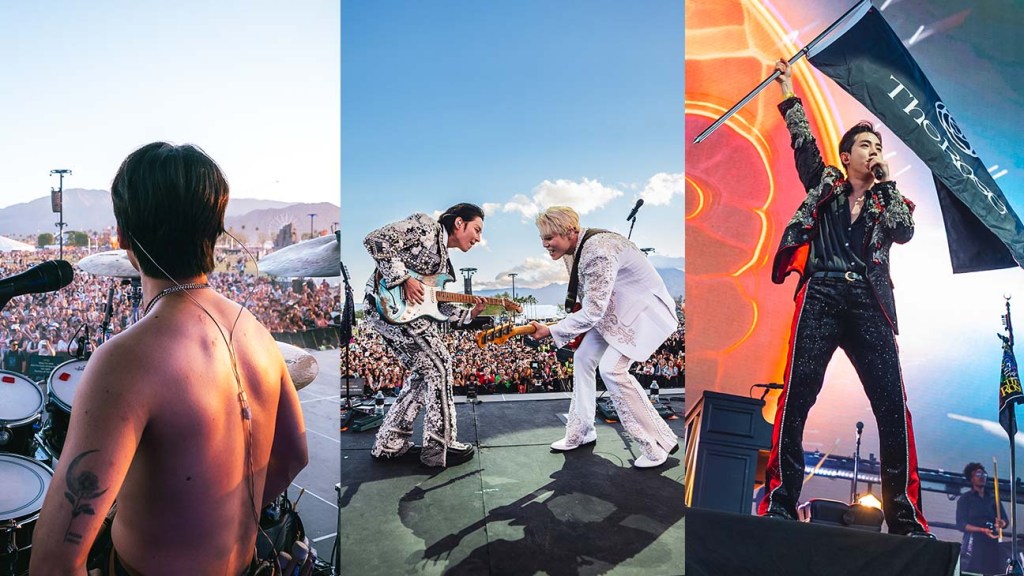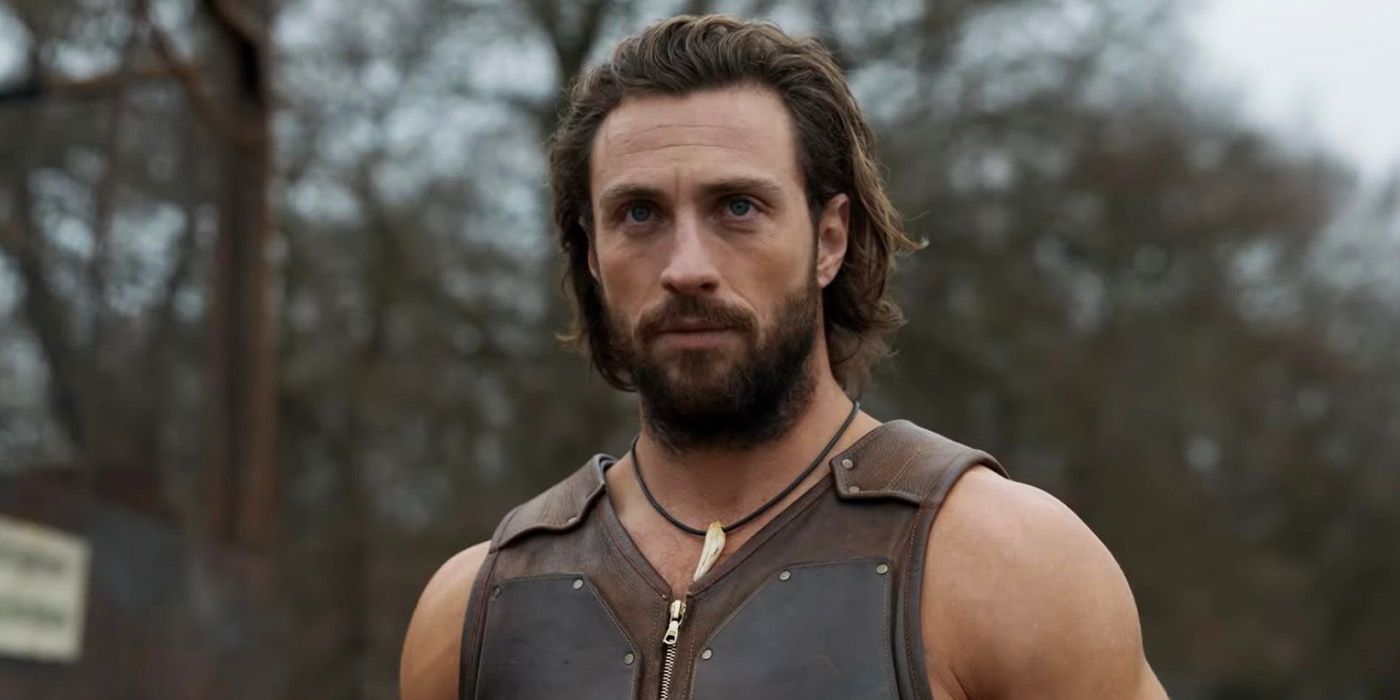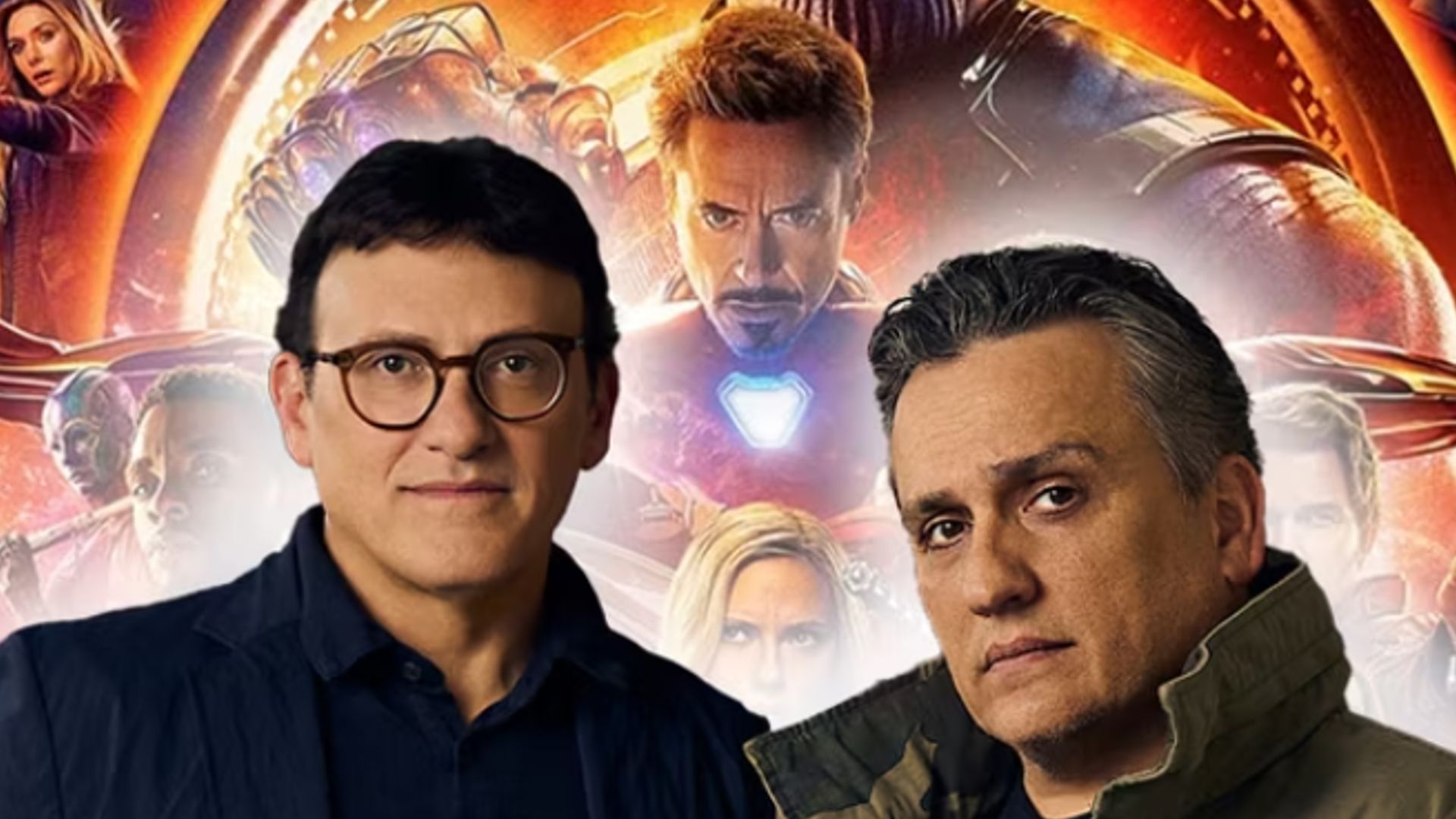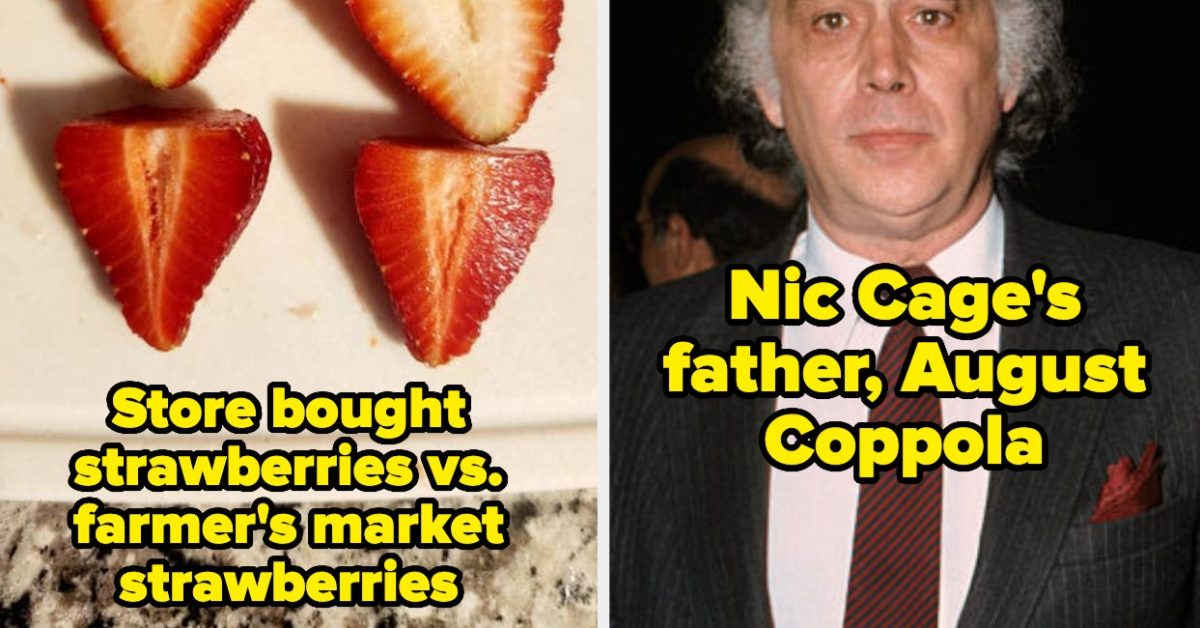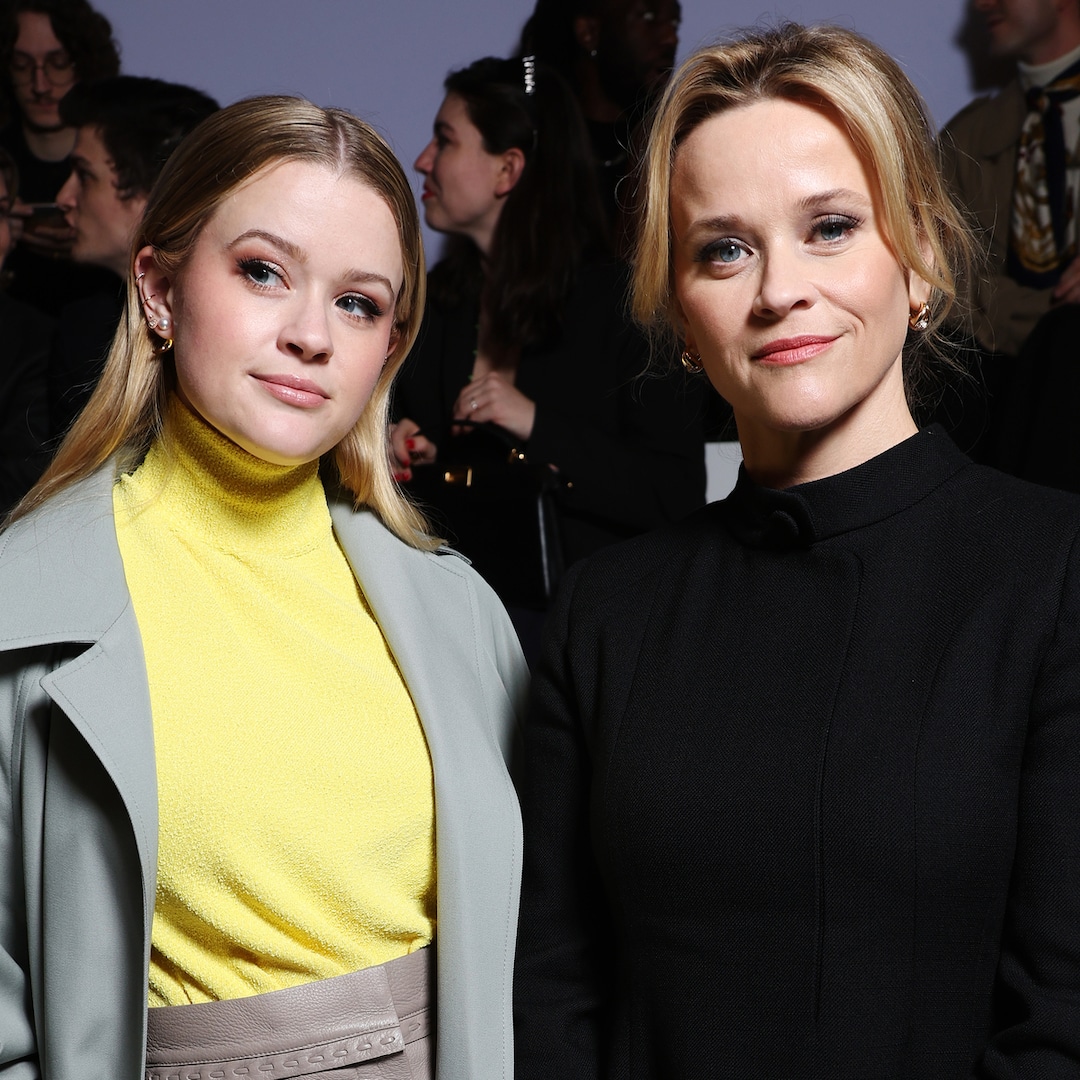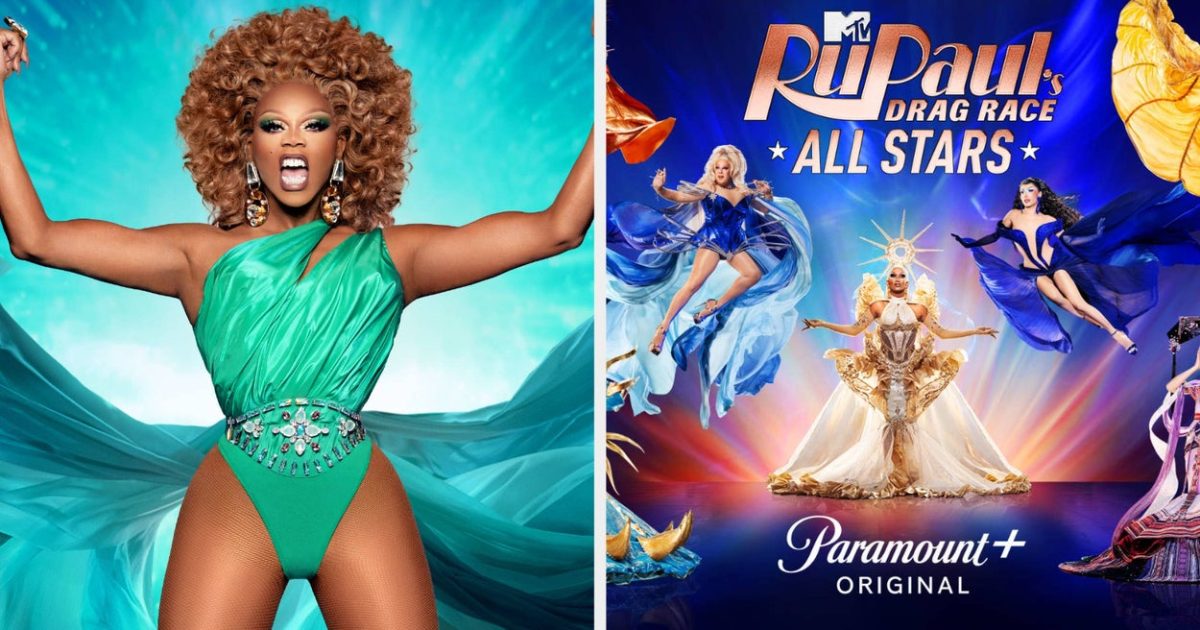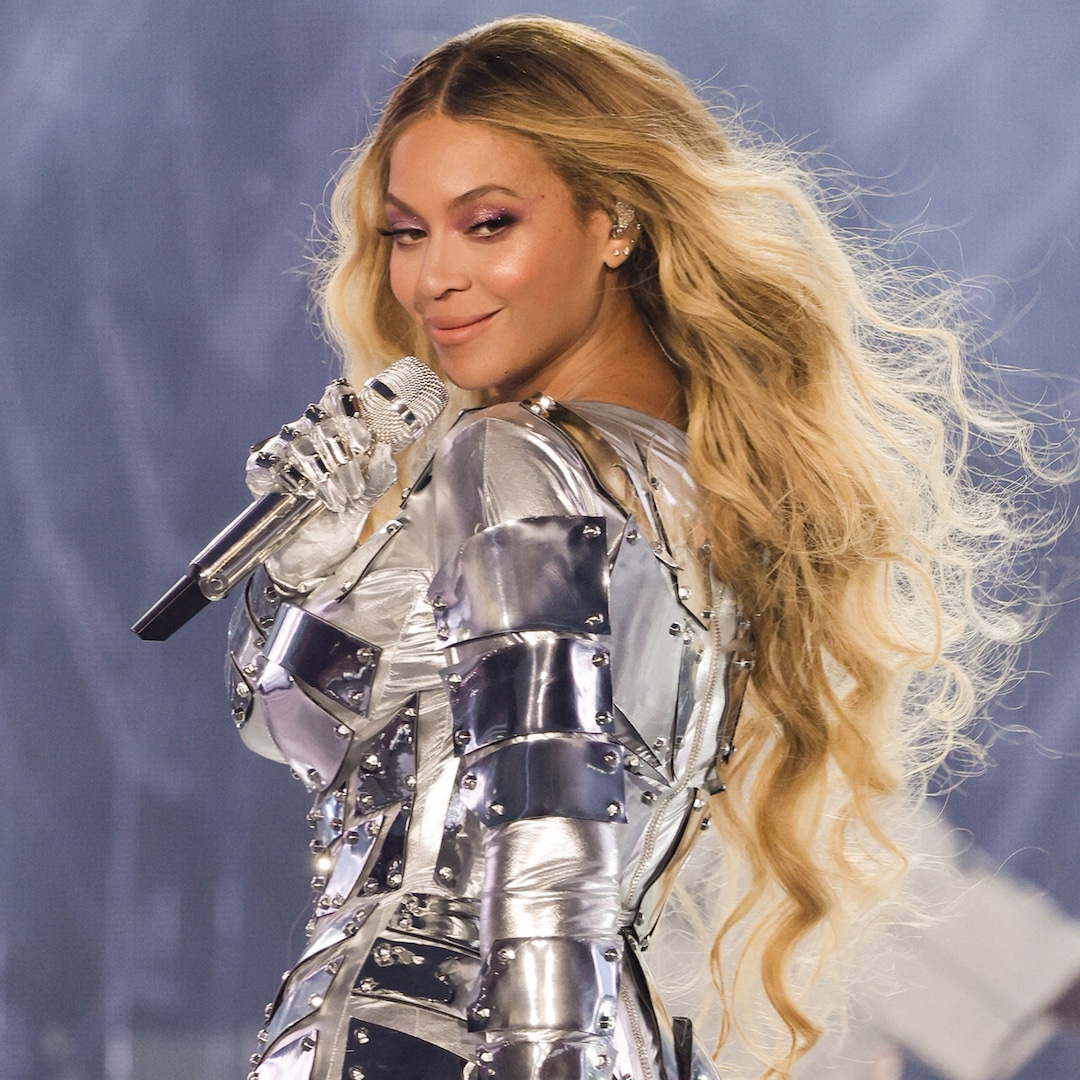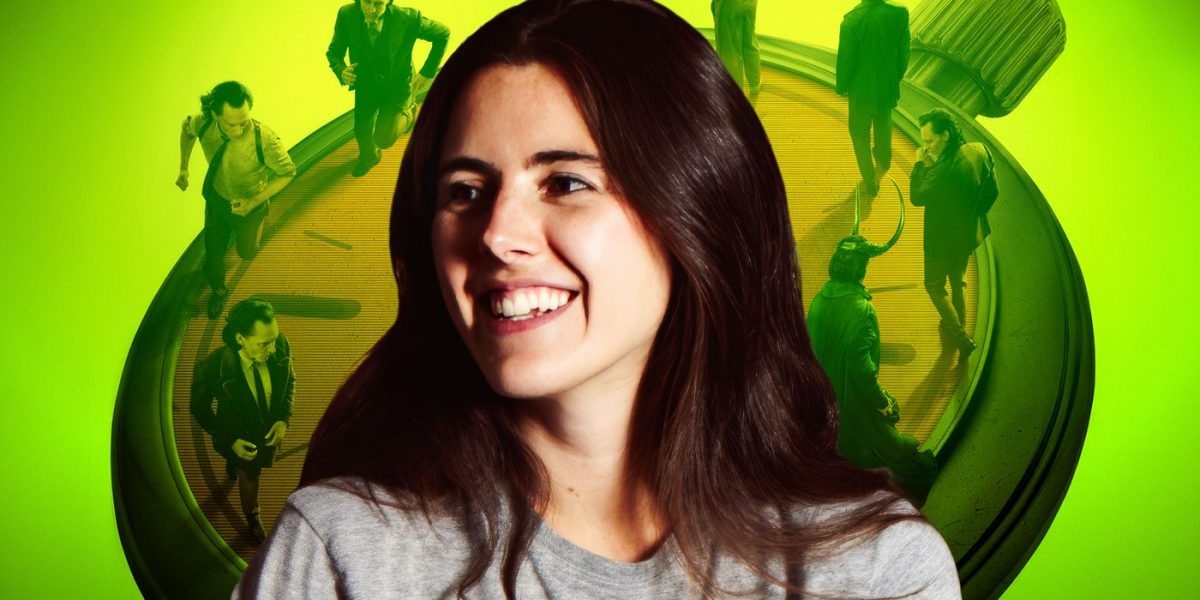
‘Loki’ Composer Created 17 Versions of a Song For Season 2 Finale
Nov 4, 2023
Editor’s Note: The following contains spoilers for Loki Season 2 up to Episode 4.
The Big Picture
Natalie Holt returned to compose for Season 2 of Loki, feeling even more connected to the show and its characters. Holt drew inspiration from a T.S. Eliot book given to her by Tom Hiddleston, incorporating different music styles and time periods in her compositions. Working on Season 2 presented challenges, with one piece of music in particular requiring many revisions to get it right. Holt also enjoyed the collaborative and supportive nature of the Marvel music department.
When you have a story about a time travelling god of mischief, it can be hard to pinpoint a musical theme much less score an entire two seasons of a television show about him, but Natalie Holt was up to the task. Returning to the show after composing for Loki Season 1, the Emmy-nominated composer has an impressive discography under her belt. Not only was she the composer for Season 1 and 2 of Loki, but she’s composed for Obi-Wan Kenobi, Victoria, Paddington, and more. For Loki, she’s responsible for the haunting melodies and sweeping themes that make the series the masterpiece that it is.
We spoke to Holt about her return to Loki and discussed with her what it was like returning to Loki. She elaborates on the unique conditions of the first season after filming the show during COVID and using the augmented timeline to her advantage when it came to Season 1. She also discusses drawing inspiration from a book of poetry given to her by Tom Hiddleston and working with her music editor to find the sound for the series. She reveals which composition was her most challenging for Season 2 and what it was like working with instruments and music styles that were from a specific time period.
Loki Loki, the God of Mischief, steps out of his brother’s shadow to embark on an adventure that takes place after the events of “Avengers: Endgame.” Release Date June 9, 2021 Cast Tom Hiddleston, Owen Wilson, Gugu Mbatha-Raw, Richard E. Grant Seasons 2 Studio Disney+
COLLIDER: How has it been for you to come back for Season 2 after working on Season 1? Is there a difference when you’re returning back to a show as opposed to jumping into a new project?
NATALIE HOLT: It was just so nice. I loved it because I got asked to go on set and be a character in Episode 3. So yeah, it was just like I felt more bonded. I just feel so much part of the show and so fond of Loki, and like a relationship that builds up over time. Same producer and a lot of the same people on the team, as well, so I just felt like we got to do something that we were all really excited about, and then expand on it in Season 2, which was great. And on the set, when I was there in Pinewood filming, I got to chat to Tom. He was on the end of filming his part, and then I was starting the journey of the music, so we had this really lovely conversation. He gave me a book of poetry that had inspired him on Season 2. So, yeah, it was just great. He was saying, “Oh, I’d love to email you some thoughts that I’ve had, just if they might be useful.” [Laughs]
What book of poetry did he give you? Do you remember?
HOLT: Yeah, I’ve got it. It’s a T.S. Eliot book, the Four Quartets. It’s about time. Tom’s a very thoughtful actor and thoughtful man, and I think he put so much into the character. He’s a producer on the show, so just a big hand in how the show is is due to Tom, I think.
Yes, definitely. I think you can really feel that. You said that you were an extra in Episode 3 for Season 2. How was that? What scene can we spot you in?
HOLT: Yeah, so I’m playing the accordion on stage in a Bavarian Oompah band at the Chicago World World Fair in 1896, I think it is.
Image via Disney+
Amazing. I’m gonna have to go back and look for you there. Speaking about the time jumping in the season and obviously in the show in general, so far we’ve gotten to go to the ‘80s and the ‘70s, and I look back to the 1890s. What was it like getting to work with the sound of these specific periods? I could tell that there was some jazzing up of the themes that we are familiar with.
HOLT: I used an octet at the beginning of Episode 3, sort of doing this very different version of the Loki theme. Then I used a sort of honky-tonk piano, and the Victor Timely theme is sort of really a callback to the 1890s. And I did a disco version of the theme in Episode 2, in the ‘70s, and just more playing around with the theme basically and playing around with time periods and genres. The end of Episode 4 is just this atonal sort of, like, [György] Ligeti piece, with strange choral effects. So I just feel like I’ve just had so much fun. I’ve written so much different music. It’s been a really fun journey. I didn’t want it to stop.
I can imagine with a job like this, you can sort of start fantasizing about other time periods that you wanted to explore in the show, at least musically. Is there a dream time period, maybe throwing back to the Baroque era or ‘70s punk? Is there a time period that you would want to explore?
HOLT: If you carry on listening in Episode 4, I wrote a requiem because all the characters have just seemingly died. I just came up with it, like, really quickly and thought, “Oh, I’ll try this out,” because I had all these orchestral recordings in Vienna and recording with a big choir. And I think working on this job, I’ve never really written for choir before, and yeah, it just made me really connect into choral works, actually. I think that’s something I want to explore going forward is using the voice more. When you get a group of 40 people all singing, it’s so powerful. It’s just this incredible sound, and I think there’s something about the fact it’s internally created that just makes it more immediate and powerful.
Yeah, definitely.
HOLT: That wasn’t a time period. [Laughs]
No, that’s totally fine. I’m curious, always, what people are interested in doing that they haven’t gotten to do. I love when people incorporate choir. It feels very majestic and imposing sometimes, so I like that kind of stuff.
HOLT: Oh, and it’s on the end of the album, by the way, the piece. It’s called “Requiem for All Time.” It’s on the end of the Loki Vol. 1 album.
Oh, exciting. I’m gonna go listen to that after this. In terms of your work, where does it fall in the timeline of the show? Is it just purely in post, or is there some work being done while the filming is happening? What’s your process with that?
HOLT: Well, with Loki Season 1, it was filming, and then COVID stopped it filming, so we had all this time to create the score sort of before it had filmed. Then, by the time they went back on set, I’d come up with all the themes for the character. So Tom started listening to the Loki theme to sort of get into character. So the music fed into the edits, and the whole thing was quite a symbiotic process. Then, Season 2, because I’d already written Season 1, a lot of the music from Season 2 they started editing to. So I was hearing lots of the themes, and then they were like, “Well, maybe we could use this theme, but we were thinking you could take it somewhere else,” and la la. So it was a jumping-off point. I read the script for Season 2, particularly what happens in Episode 6. I wrote a piece of music for the end of Episode 6 before I sort of started scoring the show, so I knew where it was going again.
That sounds exciting. I can’t wait to hear that piece. It’s also interesting that COVID kind of allowed you to have sort of a different timeline when it comes to the process of making music for the show.
HOLT: Yeah, I think it was a kind of a blessing in disguise, I think.
I didn’t want to say, “It seemed like a good thing that happened,” but you’re right, there’s like a blessing in disguise. What was your biggest challenge when it comes to composing for this season? Obviously, you already had sort of the groundwork laid from last season when it comes to character theme, but did you have something that you struggled with when it came to Season 2?
HOLT: The hardest thing was the end of Episode 6. I think I was on version 17. There’s just a piece of music that is on its own, and wrote a lot to get that piece right. That was the most difficult thing.
That sounds interesting. 17 versions sounds like a lot of work. Where do you draw inspiration from when it comes to working on these types of projects when you’re composing music not just for a couple of hours for a movie, but for a whole season, and multiple seasons in this case?
HOLT: Yeah, it feels like a lot of thought goes into [it], like before I’m even writing anything. It’s kind of like just doing the groundwork to sort of explore what the character is and think about the character and then come up with the theme and then, like, roadmap what happens to the themes. I just kind of felt like it was quite cerebral. It wasn’t just, “Sit down and see what happens.” It was all very planned. There’s an amazing structure that they have at Marvel, which I hadn’t done before, actually, of writing a suite before you start. So, I wrote a suite for all the characters containing all the characters’ themes, and then each week we would have a weekly catch-up every Wednesday, and I’d just be presenting where I was at that moment. So, I mean, it sounds quite military, but I think it’s really good to be accountable and have this supportive team around you. And they’re so nice, like just such an amazing music department at Marvel headed by Anele Onyekwere. Amazing. They’re so supportive, and they’ll just listen through and give advice. I just love them all. I’m really sad the job’s ended.
In terms of where you draw ideas from, I’m curious, do you pull from other music? Do you listen to other music? Are you pulling from literature? Are you pulling from art? Where do you start when you’re handed this? Say, Victor Timely, you’re handed this new character, and they’re asking you, “Create a theme for him.” Where are you drawing that from?
HOLT: I think that the music editor, Nashia [Wachsman], had put some old-fashioned piano music on it, and I was like, “Oh, that really works!” So, it was something in the temp, I think, that the music editor had put on for Episode 3, which then sort of kicked that idea off to sort of go a bit into a different time period with the score, as well as the costume and the set of the show. And in terms of just the creative process, I think, definitely, that chat with Tom and reading those poems and thinking like, “What’s the sort of layer of meaning that we’re trying to get over with the music?” It’s really important to keep that storytelling process. You’re not just accompanying like Tom and Jerry style. I think if music’s working really well in a scene, it’s sort of telling you something other and working on multiple levels.
I can definitely feel that with your compositions. Especially, I think, there’s a very haunting quality to some of the pieces that you’ve created. I really enjoy it. Then, just for a final question, let’s disregard time and logic and everything like that. If you could have worked on any type of project, so like a movie or TV, in the past as a composer, do you have one where you’re like, “Oh, man, I wish I’d composed for this?” Or even, like, you wish you worked with the composer originally for that project?
HOLT: Well, I guess I got to do that with Star Wars. I got to work with John Williams, so that was pretty cool. But I think probably if you go back to the ‘80s and ‘90s, it just feels like it was sort of melodic, and Elmer Bernstein, and like all the classics, sort of Scorsese. I don’t know. Yeah, those kind of ‘70s and ‘80s, probably, I think, just feels like a really good moment for scores. But obviously, not so much technology around. People were kind of using stopwatches and streamers and recording everything on a tape machine, so perhaps I kind of love that more analog time. I struggle with computers sometimes, so maybe that would have suited me better just to be recording an orchestra and using a stopwatch. [Laughs]
Loki Season 2 is streaming now on Disney+ in the U.S.
Watch Now
Publisher: Source link
I’m Pretty Much The Dumbest Guy On Earth So These 22 Absolutely Incredible Pictures Put My Brain In A Blender Immediately After I Saw Them
I'm Pretty Much The Dumbest Guy On Earth So These 22 Absolutely Incredible Pictures Put My Brain In A Blender Immediately After I Saw Them 1. This is what Nicolas Cages' father, August Coppola, looked like: 2. This is how…
Apr 28, 2024
Reese Witherspoon & Daughter Ava’s Resemblance Is Wild in Twinning Pic
Reese Witherspoon Hit the 2024 Golden Globes Red Carpet with a Special Date: her eldest son Deacon PhillippeReese Witherspoon and Ava Philippe walk the line of being impossible to tell apart. In fact, the Legally Blonde star and her 24-year-old…
Apr 28, 2024
RuPaul’s Drag Race All Stars 9 Reveals Cast And New Twist
RuPaul's Drag Race All Stars 9 Reveals Cast And New Twist The RuPaul's Drag Race TV universe stops for no one. Just last week, Nymphia Wind was crowned the winner of Season 16. And days later, Drag Race has announced…
Apr 27, 2024
See What Gifts Beyoncé Sent a 2-Year-Old Fan After Viral TikTok
Tyler Fabregas is surrounded by Beyoncé's sweet embrace. After the 2-year-old went viral for calling the Grammy winner his friend, she proved the feelings were mutual by sending him and his family a loving care package. Alongside a photo of…
Apr 27, 2024
